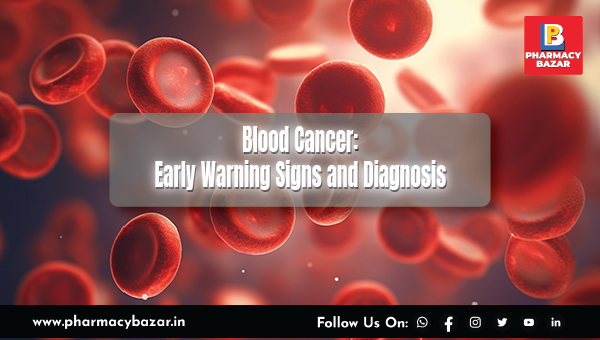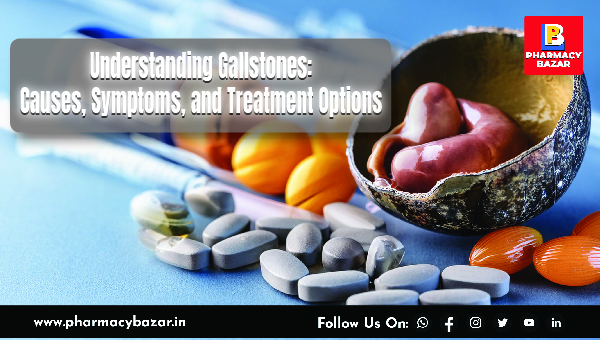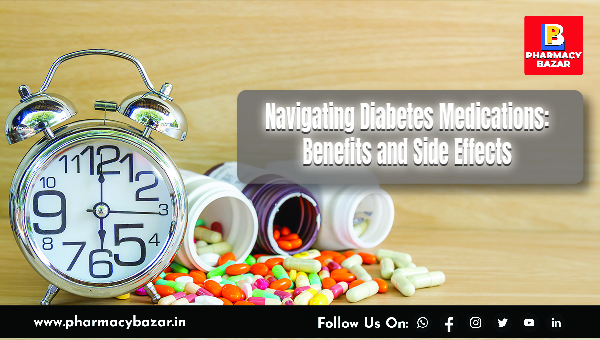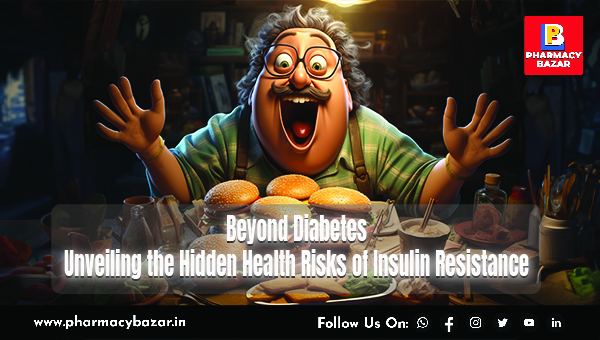How COVID Impacted These Two Rare Disease Families
Oct 06, 2022
We’re all familiar with what the news is saying about COVID and its effect, but how does it really affect rare disease patients and their families? We asked Jess Curran and Karen Morales to share the experiences they had when COVID made its way to their families.
Jess Curran, a Duchenne mom and advocate, wrote:
“With an immunocompromised son, how could we not be terrified of COVID making its way into our home? For the past two years, we’ve been so careful to limit exposure; we were able to homeschool our kids last year and we’ve been conscious of avoiding large crowds even with the vaccines. Our kids being able to receive the vaccine was a huge step for us in feeling less of the overwhelming worry of what would happen if any of us were to get COVID, but the concerns were still there. Our son Conner has Duchenne muscular dystrophy, so any virus could have a detrimental effect on his health. With DMD, the whole body is already fighting everyday so it’s possible that the body won’t be able to fight off any illnesses. The heart and lungs are also already working overtime, so the potential of getting a virus that is known to harm the heart and lungs is a scary thing.
We made it almost two years without any of us getting COVID but that came to end over the holidays. I got sick first and despite our precautions, Conner ended up testing positive right before he was supposed to go back to school, with his initial symptom being a stuffy nose. We called our doctor right away and she told us that we should just keep a close eye on him to make sure he didn’t get any worse. Luckily, his symptoms never got too bad (just a low grade fever, sore throat, and slight cold) and he was able to get the booster shot as soon as possible after testing negative again. All things considered, we truly believe that he was as lucky as he was because he had both doses of the vaccine and got Omicron instead of one of the earlier variants.
Through our whole experience with the pandemic and getting COVID, one of the most difficult aspects was understanding and coming to terms with the fact that many people don’t share our caution. It can be hard to understand why we’re as careful as we are when you don’t know what it feels like to have someone you love be immunocompromised during a deadly pandemic. We found ourselves having to explain to those around us why it is so important for us all to wear our masks and avoid large crowds and people don’t always understand, especially with the ‘stereotypes’ surrounding what happens when you get COVID as a child. The main information about children and COVID has been that children are resilient and won’t be too negatively impacted by it, but that just isn’t true for immunocompromised children. The majority of people will never truly understand our situation until they find themselves in a similar one so it can be hard to hear people complaining about still having to wear masks and saying that COVID isn’t a big deal anymore. At the beginning, it was also hard to find balance in the conversations we had to have with our children because of our own levels of worry. We wanted to be clear about the importance of staying safe but at the same time didn't want to scare them or project our own fears onto them.
Recent Post

Blood Cancer: Early Warning Signs and Diagnosis

Understanding Gallstones: Causes, Symptoms, and Treatment Options

Navigating Diabetes Medications: Benefits and Side Effects

Revolutionizing Cancer Treatment: How Unleashing T Cells' Energy Could Transform Immunotherapy

The Power of Lower Back Stretches: Benefits and Best Yoga Asanas for a Healthy Spine

8 Health Conditions That Could Be Due to Magnesium Deficiency

Unlocking Brain Health: How Lifestyle Choices Impact Cognitive Functions

When Speech Takes a Surprising Turn: Unraveling Foreign Accent Syndrome

The Optimal Time to Take Your Vitamin D Supplement: Insights and Best Practices

Beyond Diabetes: Unveiling the Hidden Health Risks of Insulin Resistance

